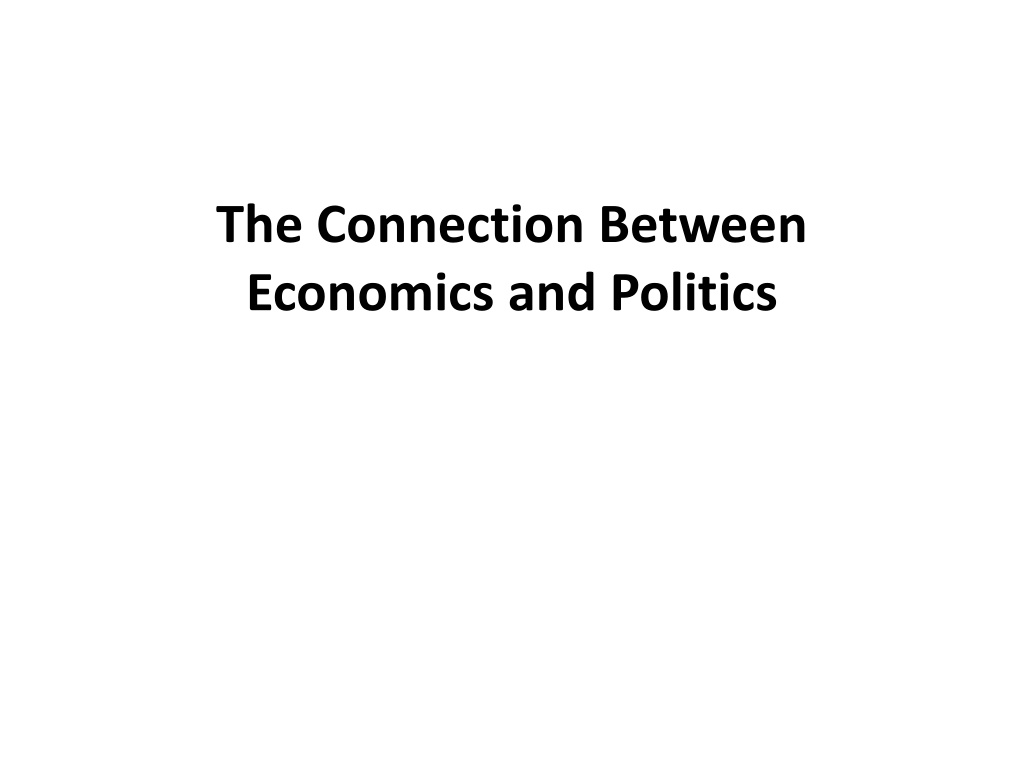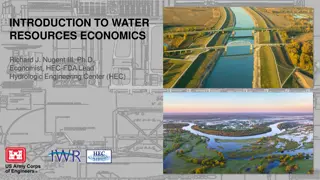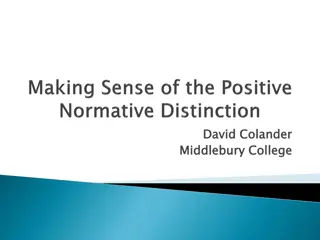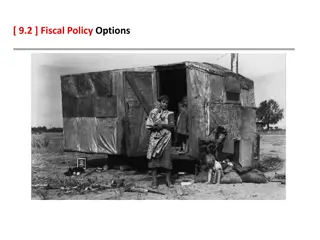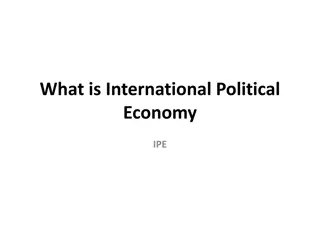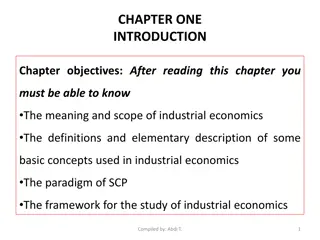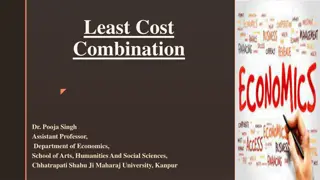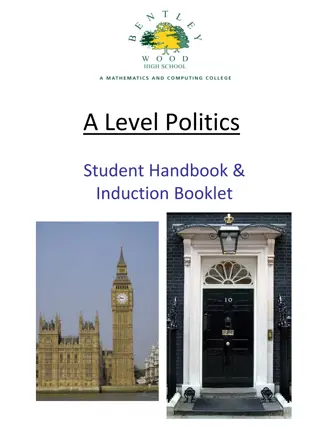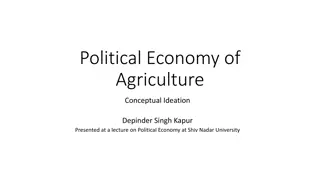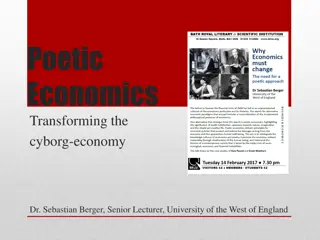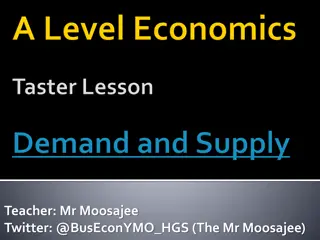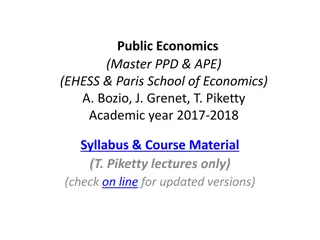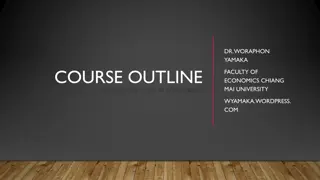The Interplay of Economics and Politics: A Comprehensive Analysis
Explore the intricate relationship between economics and politics, delving into the evolution of capitalism, the necessity of private property rights, challenges in establishing capitalism in certain countries, and the complex dynamics between capitalism and democracy. The discussion highlights the historical context, emphasizing the pivotal role of government, rationalism, and societal conditions in shaping economic systems and political structures.
Download Presentation

Please find below an Image/Link to download the presentation.
The content on the website is provided AS IS for your information and personal use only. It may not be sold, licensed, or shared on other websites without obtaining consent from the author. Download presentation by click this link. If you encounter any issues during the download, it is possible that the publisher has removed the file from their server.
E N D
Presentation Transcript
The Connection Between Economics and Politics
A. Capitalism 1. The capitalist economic system is the only one in human history to have achieved long-run real per- capita income growth. 2. Private Property Rights and a Means of Enforcement are necessary for long run real per capita growth. 3. For most of human history little or no growth has been the norm.
4. Capitalism is a recent historical phenomenon it is only about 250 years old. JosephSchumpeter argues that Capitalism and Science developed together. Both are products of the rise of rationalism that is, rational thought and rational behavior in which logic plays the key role. 5. Government is the best means to enforce private property rights. Problem: No guarantee that Government will protect those private property rights that promote efficiency! 6. How do you get Government to behave rationally to promote growth? The short-run incentives of politicians are usually contrary to the long-run interests of the mass public.
B. It is Impossible to Establish Capitalism in Some Countries 1.You need the Rule of Law 2.You need Separation of Church and State 3.You need the open-mindedness that is a necessary condition for the scientific method.
C. Capitalism and Democracy are Not Necessarily Compatible 1.For a capitalist economic system to establish itself, long periods of inequality and sacrifice are necessary. Democracy andCapitalism can only be sustained if a large majority of the population has private property (that is, a vested interest in the survival of Capitalist institutions protection of private property in land, contracts, goods, etc.). 2. In England Capitalism was slowly established as power was gradually divided between the King and Parliament. The merchant class intermarried with the traditional aristocracy and both groups had a vested interest in government guaranteed private property rights. Voting rights only expanded in the late 19th Century after the industrial revolution.
3. In the North American British Colonies private property rights in land (free and common socage title in fee simple) was established from the beginning. Wealth was fairly evenly distributed until the middle of the 19th Century. By then, Capitalism and Democracy had cohabitated for a long time. 4. Introducing democracy into very poor countries with great inequalities of wealth does not appear to produce stable economic institutions; that is, long run real per capita income growth is very difficult to achieve in these conditions.
D. Economics Drives Politics under Capitalism 1.If you haveprivate property rightsanda means of enforcement, then entrepreneurs will create new goods, new mediums of exchange, etc. 2.These creations produceunanticipated structural changes in the economy and social system (e.g., Carnegie and steel; Rockefeller and kerosene; Ford and cheap cars; Morse and the telegraph; Bell and the telephone; James J. Hill and the railroad; William H. Gates and the computer operating system; etc.). WhatJoseph A. Schumpeter called the perennial gale of creative destruction.
3. These unanticipated changes in the economy and social system generate massive ripple effects that in turn produce political responses (e.g., railroad regulation; highway construction and the creation of suburbs ; regulation of the ether ; anti-trust law and broad-band communication; etc.) 4. The political responses produce a feedback into the economic system by altering the structure of incentives (e.g., flow of capital out of the railroads and into the electric, automotive, and radio industries smart- guys go where the money is!).
5. The Nature of the Political Response is shaped by Ideology. The Glue that binds together the members of a Political Party is provided by a set of beliefs about what is "good" -- Who gets what, who should rule. 6. The Effects of Shocks Go Both Ways -- There can be Political Shocks -- War -- that produce Economic Change.
